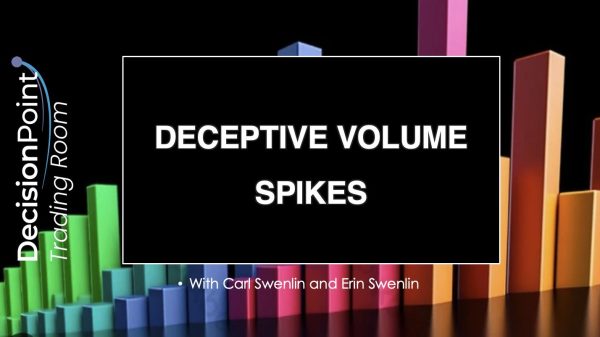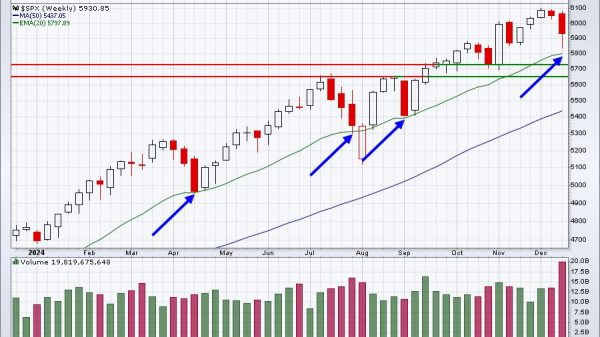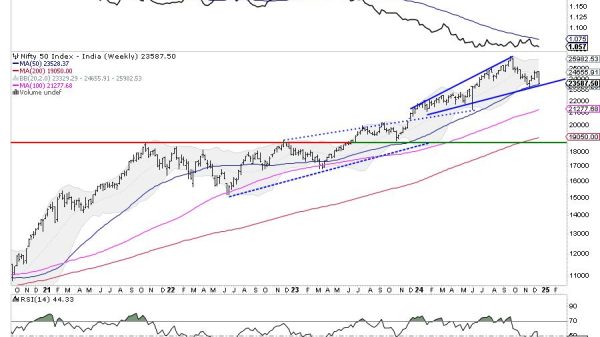Jeffrey A. Singer
In September 2023, a Food and Drug Administration (FDA) advisory panel informed the agency that, 50 years after the FDA certified phenylephrine hydrochloride as a safe and effective oral decongestant, the evidence suggests it works no better than a placebo. The advisory report came several years after a couple of academic pharmacists had reviewed the research behind the 1970s FDA claims and determined the evidence of efficacy sorely lacking. As I wrote in a blog post that month and a month later in a USA Today column, stomach and intestinal juices break down ingested phenylephrine, rendering it inactive. I hypothesized that, despite the pharmacists’ warnings, the FDA dragged its feet reviewing phenylephrine’s efficacy because it didn’t want to undermine another federal agency’s efforts to wage war on methamphetamines.
When the Combat Methamphetamine Epidemic Act went into effect in 2006, the Drug Enforcement Administration (DEA) ordered all oral decongestants containing pseudoephedrine removed from pharmacy shelves and placed behind the pharmacist’s counter. The DEA also required pharmacists to register customers who bought pseudoephedrine so that law enforcement could monitor their purchases. Furthermore, the DEA put strict limits on the amount of pseudoephedrine a customer could purchase during a 30-day period. This was because many meth dealers at the time were converting pseudoephedrine products they legally purchased into methamphetamine in clandestine labs.
The DEA moves chilled customers who ordinarily purchase products containing pseudoephedrine, which remains an effective decongestant when taken orally. Drugmakers began offering consumers oral decongestants that substituted phenylephrine for pseudoephedrine to help them avoid the queues, surveillance, and stigma of buying pseudoephedrine at the pharmacy counter. More than half of American households trusted and used oral phenylephrine, accounting for an estimated $1.76 billion in sales in 2022.
Of course, we all know what happened next: Mexican drug cartels got into the meth-making business and found more cost-effective ingredients, such as phenyl-2-propanone or P2P, and meth-related deaths soared a whopping 1,400 percent from 2006 to 2020, proving once again that prosecuting the war on drugs is like playing a game of whack-a-mole.
The FDA remained silent when the advisory panel announced its findings 14 months ago. Today, it finally responded. It announced a proposal to order phenylephrine removed from the market as an active ingredient in oral decongestants once it concludes a request for comment period. That period runs from November 8, 2024, until May 7, 2025.
The private sector has been much more agile, as usual. Within a month of the advisory panel’s report, the CVS pharmacy chain announced it was taking oral phenylephrine decongestants off its shelves and would no longer sell them.
CVS, a private company, didn’t want to risk its reputation by keeping customers in the dark about the money they were wasting on oral phenylephrine products. In contrast, the FDA remains in no hurry to inform the public.
























